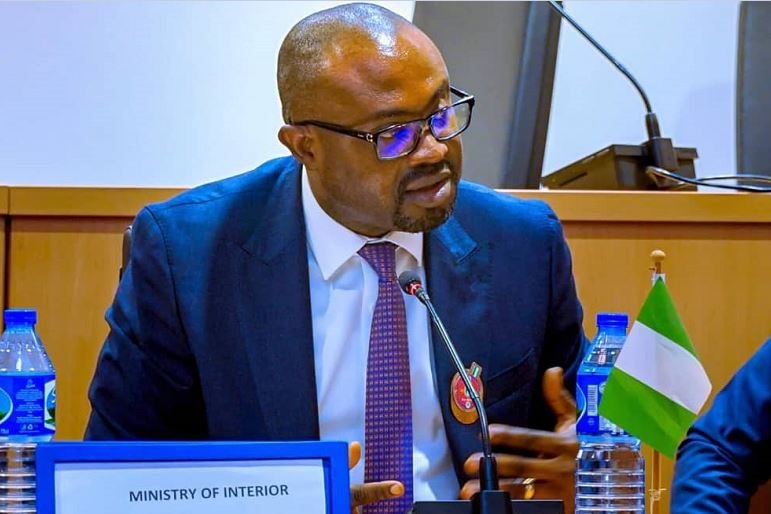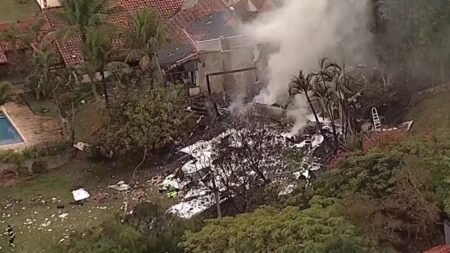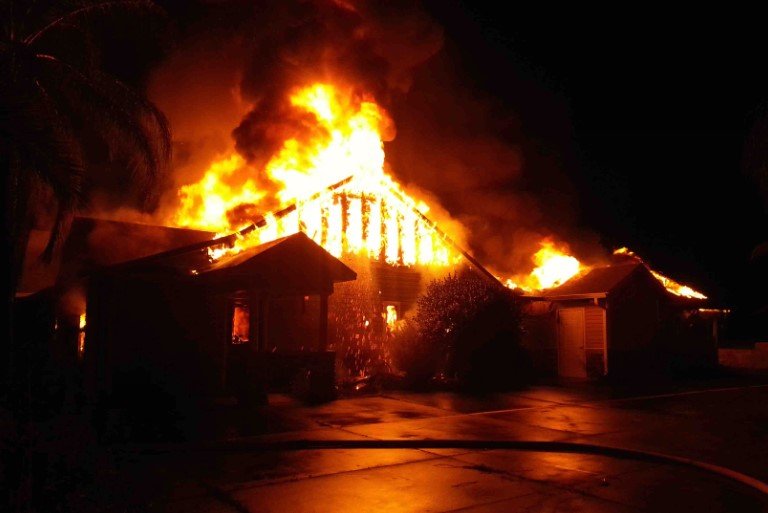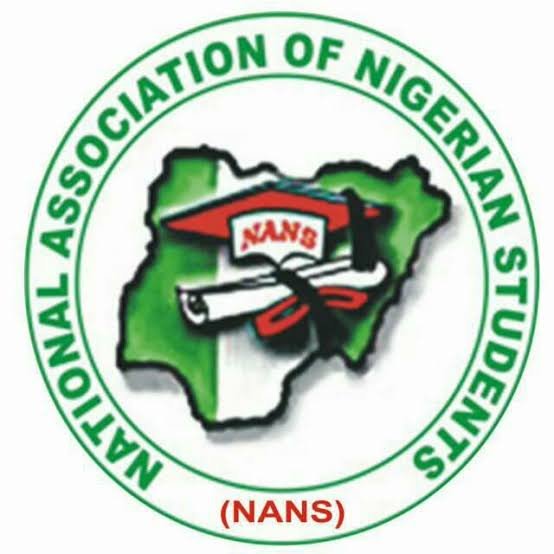Following fresh attacks on Farinkasa-Kerana and Sabon gari communities in the Mangu Local Government Area that led to the killing of no fewer than 12 persons, the Executive Governor of Plateau State, Gov. Caleb Mutfwang, has imposed a 24-hour curfew on the Mangu Local Government Area (LGA) of the State.
Attacks had continued unabated in the Local Government Area despite a 24-hour curfew imposed by the Interim Management Committee Chairman, Mr. Markus Artu. The most recent being the killings in Farinkasa-Kerana and Sabon-Gari, where several lives and properties were lost.
The attackers, allegedly Fulani militias, raided Farinkasa-Kerana and Sabon-Gari on Saturday night, murdering at least 12 people, injuring several more, and torching homes.
Concerned about the development, the governor decided, in collaboration with the State Security Council, to reimpose the curfew on the Local Government, presumably to supplement the prior one imposed on the council by the Interim Management Committee Chairman.
As a result, movements within the Local Government have been completely prohibited until further notice, with the exception of security officers and those performing vital activities, and security agencies have been directed to ensure strict adherence.
Meanwhile, the Mwaghavul Development Association (MDA), a Mangu-based pressure group, claims that at least 53 communities have been assaulted in the last two months, killing over 207 people.
In a press conference in Jos, the group blamed the attacks on Fulani militants, whom they labeled as terrorists, and stated that several people are still missing in the towns as a result of the attacks.
The group, led by Chief Joseph Gwankat, noted that the communities and farms abandoned by victims of the attacks had become grazing grounds for Fulani herders.
Gwankat urged the government to accept full responsibility for educating children under the age of ten who had lost both parents in the serial attacks.
Furthermore, he called on the government to make special arrangements for students of Secondary Schools in the communities whose ongoing West African School Certificate (WASC) examinations have been affected because of the terrorist attacks.











